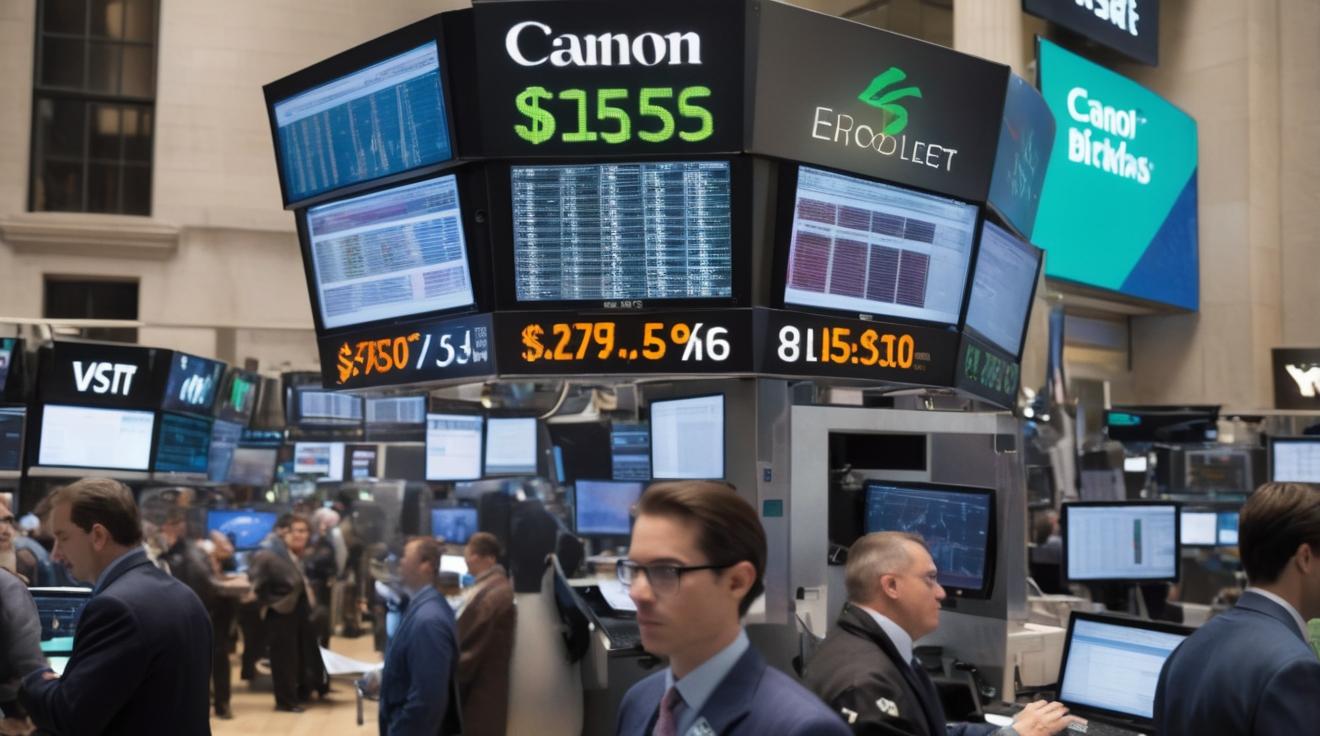MSMEs & Green Finance: How Fintechs Help Small Businesses Go Green
MSMEs (Micro, Small, and Medium Enterprises) are crucial for economic growth, job creation, and exports. However, they also leave a major environmental footprint and need solutions to become more eco-friendly. One of the key solutions is green finance, which is essential for making these businesses more sustainable.
Challenges Faced by MSMEs
Many small and medium businesses face difficulties in raising capital to run and expand their operations. This challenge becomes even bigger when it comes to funding for clean technologies, energy-efficient upgrades, and sustainable business practices.
How Fintech Can Help
Fintech companies are now developing innovative solutions to help MSMEs transition to greener processes. These solutions make it simpler for businesses to integrate sustainable practices and secure the necessary funding.
Example: Deep Tier Supply Chain Finance (DTSCF)
Deep tier supply chain finance (DTSCF) uses advanced data analytics to provide visibility into the environmental, social, and governance (ESG) performance of supply chains. This helps MSMEs demonstrate their sustainability efforts and access preferential financing rates while reducing reputational risks.
"The solutions aim to simplify the process of integrating sustainable practices into business operations and make it easier to secure necessary funding," explains Raja Debnath, Managing Director of Veefin Solutions.
The Importance of Green Finance for MSMEs
Gurjodhpal Singh, CEO of Tide in India, emphasizes that MSMEs are vital for the country's economy and job creation but also have a significant environmental impact. They need green finance to become more climate-friendly. Many MSMEs struggle to secure the capital required for cleaner technologies and sustainable practices due to a lack of affordable financing options.
"It is one of the most fundamental prerequisites for making MSMEs more climate-friendly," adds Singh.
MSMEs and ESG Criteria
Sustainability is no longer just a buzzword; it has become an essential part of today's corporate landscape. Integrating sustainable practices into business operations is key to achieving long-term success and fulfilling environmental and social responsibilities.
Raja Debnath notes that financial institutions are increasingly prioritizing sustainability when allocating capital. Veefin’s DTSCF solution is promoting ESG compliance by enabling financial institutions to ensure sustainable and ethical business practices.
Benefits of Integrating ESG Factors
By integrating ESG factors into their operations, MSMEs can:
- Identify and mitigate risks such as regulatory compliance, reputational risks, and supply chain risks.
- Access funding on favorable terms if they prioritize sustainable practices.
"Through DTSCF, there is greater visibility into the practices of corporate borrowers and their extended supply networks," Debnath explains.
MSMEs that work hand-in-hand with sustainable practices are more likely to receive funding on better terms, promoting the development of responsible businesses.
Green finance and the support of fintech solutions play a crucial role in helping MSMEs adopt more sustainable practices, ensuring long-term success and environmental responsibility.













